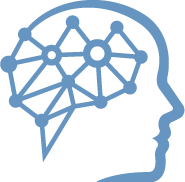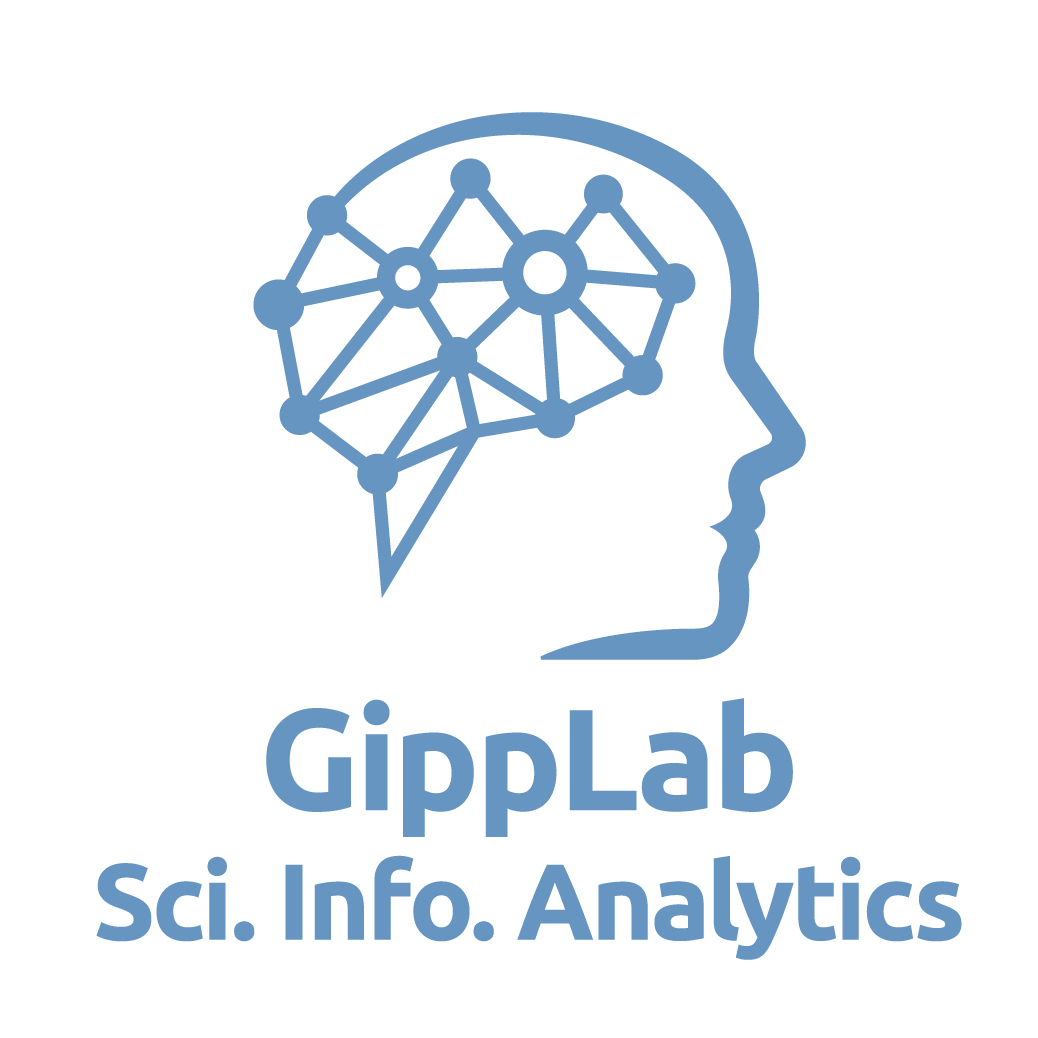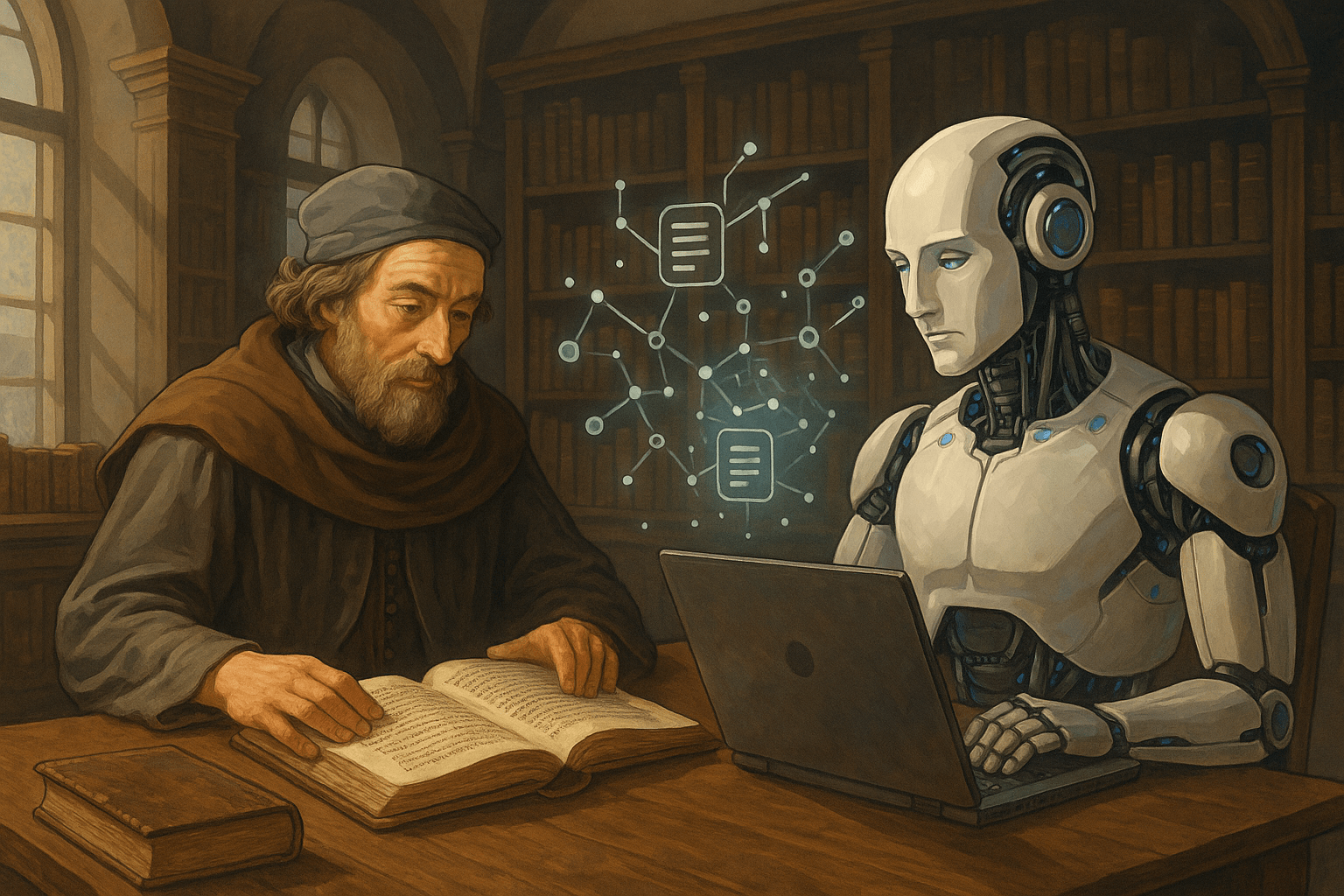How can the literary treasures found in texts from the Early New High German period (ca. 1350–1650) be made available and useful for future research in all their breadth and depth? The interdisciplinary joint project EDIKILEX – Edition, Artificial Intelligence, and Lexicography aims to meet this challenge through innovative applications of Artificial Intelligence (AI).
At the heart of the project are digital lexicographic resources, based on analyses and annotations created by highly specialized experts. With newly developed AI methods, this often highly detailed expert knowledge will now be applied to a much larger collection of historical documents, while enabling new “self-learning” extensions.
The research consortium, led by Prof. Dr. Anja Lobenstein-Reichmann at the Göttingen Academy of Sciences and Humanities, is collaborating closely with the University of Göttingen and the State and University Library of Lower Saxony (SUB) under the leadership of Prof. Dr. Thomas Kaufmann and Prof. Dr. Bela Gipp. The project is funded by the Lower Saxony Ministry of Science and Culture (MWK) with approximately €4.5 million over four years.
“EDIKILEX combines historical lexicography and text editing with cutting-edge AI language models,” explains Prof. Dr. Bela Gipp, Scientific Director at SUB Göttingen and Chair of Scientific Information Analytics. Jan Philip Wahle, project manager in Gipp’s research group, adds: “Our goal is an AI system that makes Early New High German texts much more accessible and comparable for research and teaching.”
The platform under development will make it possible to automatically classify Early New High German texts according to their historical linguistic meaning and usage. Researchers will be able to quickly identify, for example, how a term changed over time, in which contexts it appeared, or which social and historical nuances it carried.
For instance, the word “Abenteuer” (or “adventure” in English) had different meanings in Early New High German: in some texts, spelled “Abentheür” or “Abenteür”, it referred to a knightly trial or tournament, often linked with the idea of a risky undertaking. Elsewhere, as “Abenthewer”, it conveyed illegitimacy or immorality. Until now, recognizing and categorizing such variations has only been possible through painstaking manual work by experts.
“Analyses across large amounts of text were hardly possible in the past,” note Gipp and Wahle. “They would have required hundreds of experts to precisely annotate each word’s meaning.” The Göttingen-based AI is expected to significantly accelerate this work, making historical knowledge accessible that might otherwise have been lost.
Press release from the state library: https://www.sub.uni-goettingen.de/sub-aktuell/einzelansicht/niedersaechsisches-ministerium-fuer-wissenschaft-und-kultur-foerdert-goettinger-projekt-edikilex/



